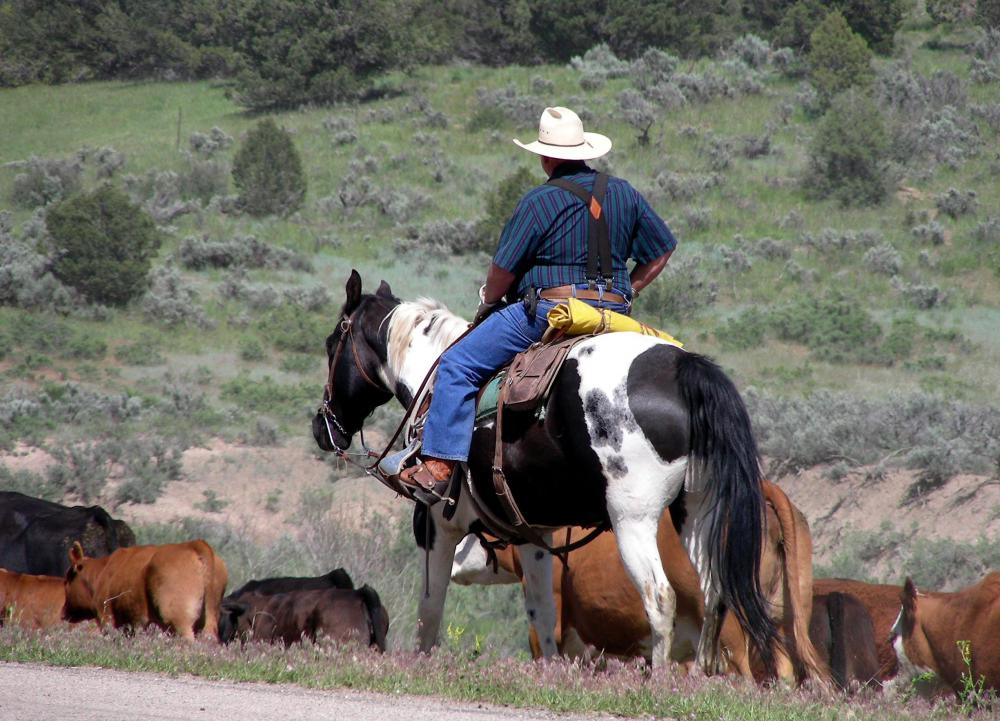At SmartCapitalMind, we're committed to delivering accurate, trustworthy information. Our expert-authored content is rigorously fact-checked and sourced from credible authorities. Discover how we uphold the highest standards in providing you with reliable knowledge.
What Is a Quasi-Public Good?
A quasi-public good is a resource that provides benefits to the public, but could theoretically be restricted if necessary. This differs from a true public good, which remains accessible to everyone virtually all the time. For example, clean air is a public good, because it is not feasible to restrict access to it. On the other hand, roads are a quasi-public good. While theoretically open to all, they can be restricted with the use of a toll system.
Many nations have a mix of public and quasi-public goods to provide needed services and benefits to their citizens. Some services people may think of as public goods are actually quasi-public in nature, although the possibility of exclusion is not necessarily exercised. Libraries, police forces, and firefighters, for example, could be limited to paying customers instead of being freely open to all. There are clear benefits to not restricting access to these resources, which leads them to operate much like public goods.

With resources like air waves, a nation may make a conscious decision to exclude certain users to make the good more useful for all. Without regulation, transmissions could be sent out by competing parties who might crowd a frequency and generate interference. By assigning specific frequencies and reserving some for private government use, a nation can ensure that the air waves remain accessible for as many people as possible. This quasi-public good functions best when restricted.

Similar tactics can be used with roads and bridges. If everyone had unfettered access, these resources might develop congestion, which would make them less useful. By instituting tolls, a government can cut down on traffic to keep the resource functioning properly. This preserves the quasi-public good by excluding some traffic in the interest of facilitating a smooth flow of vehicles. Likewise, governments might restrict operating hours for certain kinds of vehicles to free up space on the road.

Excludable resources are quasi-public goods, whether a government regulates use of these resources or not. An example of shifting use can be seen in the American West, where historically public land was freely used for grazing by ranchers. Over time, the government recognized that this unrestricted use posed some risks because overgrazing limited available grass and contributed to erosion. In response, it set up a licensing system to oblige ranchers to request permission, illustrating that the range was a quasi-public good that needed to be protected through restrictions.
AS FEATURED ON:
AS FEATURED ON:













Discussion Comments
I think all public goods would be quasi-public goods if it were possible. But we can't do a fireworks show and limit who can watch it.
@simrin-- I don't know much about toll roads but I think quasi-public goods make sense.
Public goods are goods that are completely paid by the government. It's understandable for some goods to be completely public. But there are other goods that would cost the government too much money if they were public.
The government can't pay for everything. With quasi-public goods, even if some of the cost has to be paid by consumers, the government is still chipping in and making the cost less. I think it's great.
It's interesting to me why some goods are quasi-public instead of public. I'm not sure if the reasons that are stated for making a good quasi-public is realistic.
For example, when it comes to roads requiring tolls, if roads are made quasi-public goods in this way to prevent congestion, then it's not really working. Almost all of the toll roads I have been through have been highly congested roads. So the toll really didn't improve the service, it just made it more costly for people.
Has anyone seen the toll roads in New York without congestion?
Post your comments